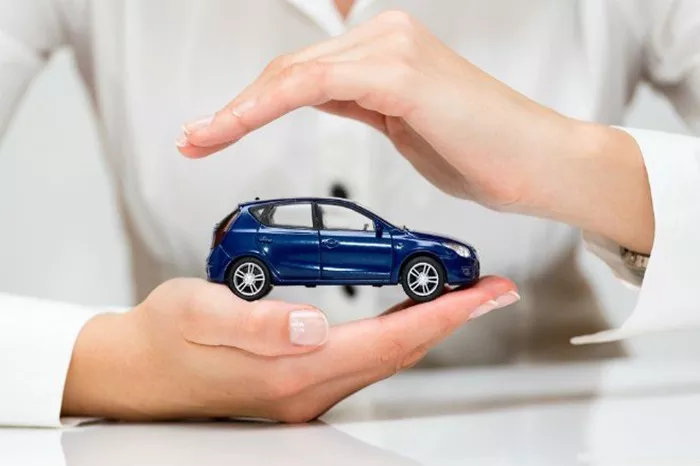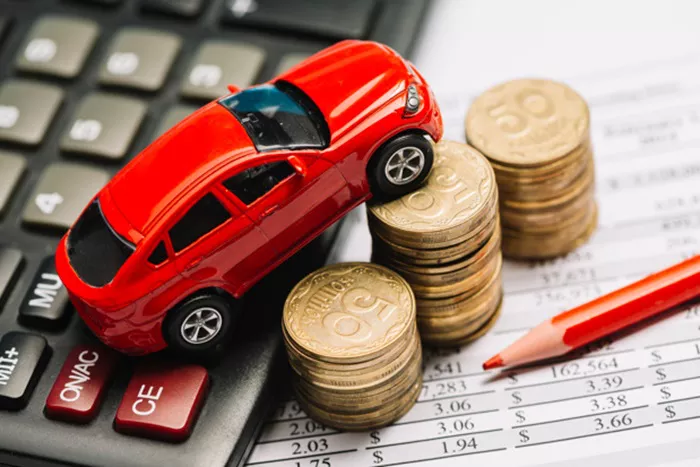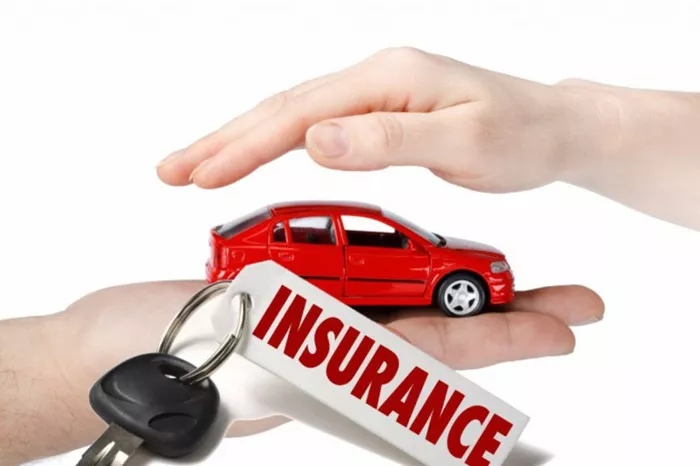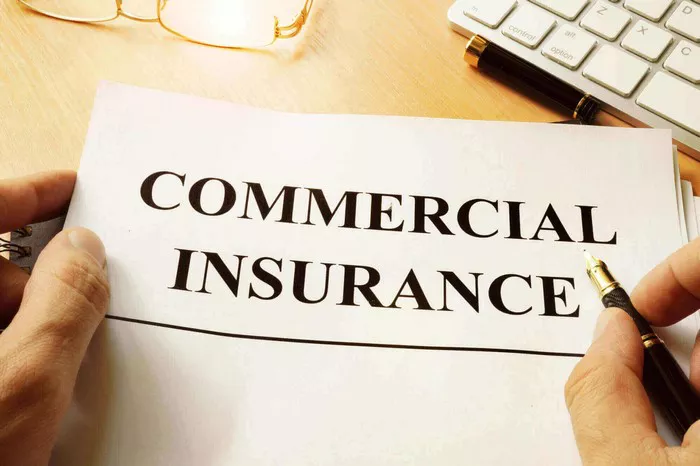RV life has become a popular choice for many people who want to explore the world, experience nature, or enjoy a more flexible lifestyle. If you’re planning to live in your RV full-time, you need more than just regular car insurance – you need specialized RV insurance that fits your unique needs. But what is the best RV insurance for full-timers? In this article, we’ll dive into the details of RV insurance for full-time travelers, exploring coverage options, factors to consider, and top insurance providers to help you find the best plan for your lifestyle.
What is Full-Time RV Insurance?
Full-time RV insurance is specifically designed for individuals or families living in their RVs full-time, rather than using them for occasional vacations or weekend getaways. This type of insurance offers broader coverage to protect your RV, your personal belongings, and your liability while living on the road. Unlike typical RV insurance, full-time policies consider the fact that you are using your RV as your primary residence.
Why Do Full-Timers Need Specialized RV Insurance?
When you live in your RV full-time, your needs and risks differ from those of part-time RV users. For example, you may travel to different locations, sometimes far from home, and you may be more vulnerable to damage, theft, or accidents. Full-time RV insurance takes these factors into account, offering additional protection for your home, personal items, and even pets.
Moreover, you may need more extensive liability coverage because you are living in your RV for extended periods. In case of an accident, fire, or natural disaster, your insurance should cover the loss or damage to both the RV and your belongings.
Key Coverage Types for Full-Time RV Insurance
When looking for the best RV insurance for full-timers, it’s important to understand the different types of coverage available. While policies vary, here are the key coverage options you should look for:
1. Liability Coverage
Liability coverage protects you if you are responsible for an accident or property damage. It typically includes bodily injury liability (for injuries to others) and property damage liability (for damage to other vehicles or structures). If you’re living full-time in your RV, you’ll need higher liability limits to protect yourself in case of an accident.
2. Collision Coverage
Collision coverage pays for damage to your RV if you collide with another vehicle or an object. It helps you repair your RV after an accident, even if you’re at fault. This is particularly important for full-time RVers since they spend more time on the road.
3. Comprehensive Coverage
Comprehensive coverage protects your RV against non-collision incidents like theft, vandalism, natural disasters, or hitting an animal. For full-time RVers who travel frequently, this is a must-have to safeguard your home and belongings.
4. Personal Property Coverage
Full-time RV insurance usually covers your personal belongings inside the RV, such as electronics, clothing, and furniture. It’s essential to ensure that your belongings are adequately protected in case of fire, theft, or vandalism.
5. Medical Payments Coverage
This covers medical expenses for you and your passengers in the event of an accident. Even if you’re not at fault, medical payments coverage ensures you don’t have to pay out-of-pocket for hospital visits or treatment.
6. Full-Timer’s Coverage
This specific coverage is designed for people who live in their RV full-time. It provides added protection for the RV’s structure and contents, which is essential when your RV is your primary home.
7. Roadside Assistance
Roadside assistance is an optional add-on that provides support in case your RV breaks down. This coverage typically includes towing, flat tire changes, battery jumps, and more, which can be invaluable when you’re on the road for long periods.
Factors to Consider When Choosing Full-Time RV Insurance
When selecting the best RV insurance for full-timers, several factors influence your decision. Below are the key elements you should consider to make an informed choice.
1. Coverage Limits
Each RV insurance policy has specific limits for different coverage types. Full-time RVers often require higher coverage limits than occasional travelers. Consider how much coverage you need for liability, personal property, and medical expenses.
2. Deductibles
The deductible is the amount you have to pay out-of-pocket before your insurance coverage kicks in. A higher deductible may lower your premium, but it also means more out-of-pocket expenses in case of a claim. Make sure to choose a deductible that fits your budget and risk tolerance.
3. Policy Exclusions
Make sure to read the fine print and understand any exclusions in your insurance policy. For example, some policies may not cover damage caused by flooding or certain natural disasters. Knowing what is excluded can help you avoid surprises in the event of a claim.
4. Claims Process
The ease of the claims process can make a big difference when you need assistance. Research the insurance company’s reputation for handling claims, including how quickly they process claims and whether they have a 24/7 customer service hotline for emergencies.
5. Roadside Assistance Options
Full-time RVers often find roadside assistance to be invaluable. Whether you experience a flat tire, engine trouble, or an accident, knowing that you can rely on prompt and efficient roadside assistance is crucial. Look for providers that offer robust roadside assistance packages.
6. RV Age and Condition
Some insurance providers offer discounts or lower premiums for newer RVs or well-maintained vehicles. However, older RVs may have higher premiums, especially if they are not as safe or reliable. Make sure the insurer offers a plan that suits your RV’s age and condition.
Top RV Insurance Providers for Full-Timers
Now that we’ve covered the basics, let’s look at some of the best insurance providers for full-time RVers. These companies offer specialized coverage tailored to the needs of those living in their RVs full-time.
1. Good Sam Insurance
Good Sam is one of the leading RV insurance providers in the U.S. They offer a variety of policies for full-time RVers, including comprehensive coverage, liability, and roadside assistance. Good Sam is known for its great customer service and flexible policies that can be customized to fit your needs.
2. Progressive
Progressive offers specialized full-time RV insurance with options like full-timer’s coverage, personal property protection, and roadside assistance. Their online tools make it easy to get a quote and compare different coverage levels, helping you find the best plan for your lifestyle.
3. National General
National General provides full-time RV insurance with a range of coverage options, including liability, collision, and comprehensive coverage. They also offer an extensive roadside assistance plan and 24/7 claims support, making them a reliable choice for full-time RVers.
4. Farmers Insurance
Farmers Insurance offers customizable full-time RV insurance policies that can include liability, personal property coverage, and comprehensive protection. They also provide discounts for bundling RV insurance with other types of coverage, such as home or auto insurance.
5. Allstate
Allstate’s full-time RV insurance policies offer a wide range of coverage options for full-time travelers. They have excellent customer service and an easy-to-use mobile app for managing your policy and filing claims. Allstate also offers discounts for safe driving and bundling with other insurance policies.
Conclusion
Choosing the best RV insurance for full-timers requires careful consideration of your coverage needs, budget, and lifestyle. Full-time RVers face unique challenges, so it’s essential to have the right protection in place. Be sure to look for policies that provide comprehensive coverage, liability protection, and roadside assistance. It’s also worth exploring providers like Good Sam, Progressive, and National General, which cater specifically to full-time RVers.
By understanding your options and choosing the right coverage, you can ensure that your RV experience is as stress-free and enjoyable as possible. Happy travels!
Related topic:
What Are the Best RV Insurance Companies in 2025?
















